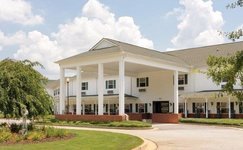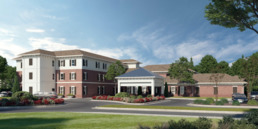Talk to a local advisor for free
Hundreds of thousands of American seniors utilize assisted living, a figure that is only growing. For these seniors, assisted living combines residential housing,assistance in daily activities, and some healthcare. These communities also strive to provide an atmosphere that is comfortable and engaging for their residents… Read More >






